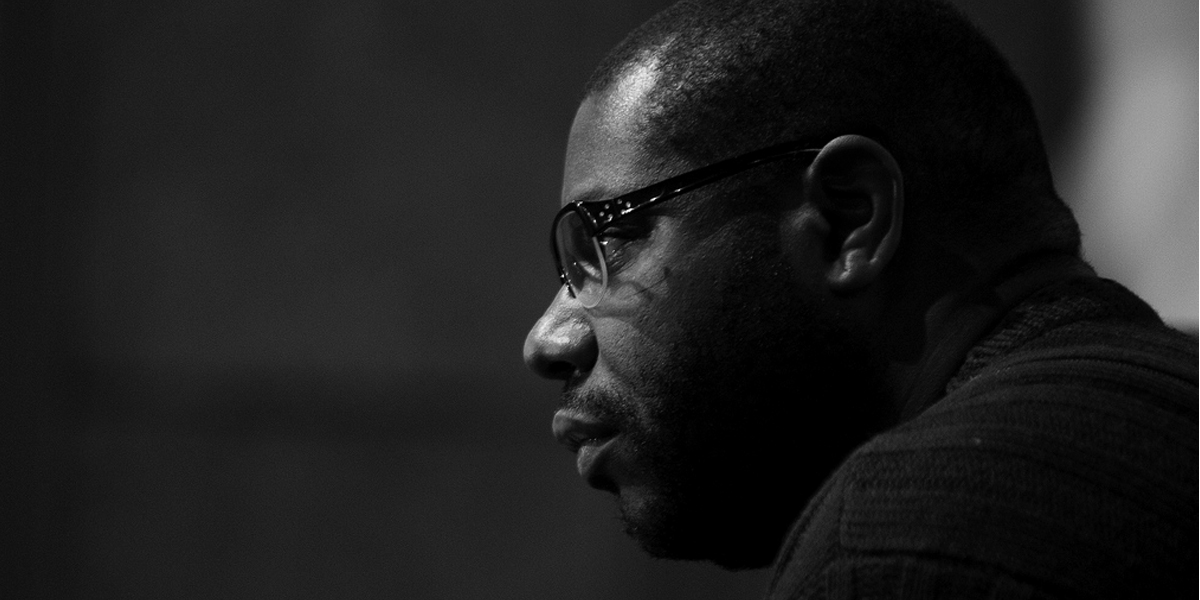Bringing slavery home
Steve McQueen’s new release ‘12 Years a Slave’ has its European premiere in Leicester Square today. Chasing the tails of Tarantino’s ‘Django Unchained’ and Spielberg’s ‘Lincoln’, it’s the third Hollywood movie in 18 months to tackle the difficult theme of slavery....
Steve McQueen’s new release ‘12 Years a Slave’ has its European premiere in Leicester Square today. Chasing the tails of Tarantino’s ‘Django Unchained’ and Spielberg’s ‘Lincoln’, it’s the third Hollywood movie in 18 months to tackle the difficult theme of slavery. Despite their flaws, these films at the very least signal that America is having a national conversation about one of the darker sides of their history. Is this a conversation that British cinema should be having too?
When it comes to slavery on film, Britain tends to veer more towards a Lincoln-style narrative as the country that abolished slavery in 1833, as depicted in ‘Amazing Grace’ (2006). But proud though we should be of this achievement, the stories we tell about our nation’s past should not start and end with abolition because it might obstruct a more frank exploration of the colonialism that ties Britain to the African diaspora it once enslaved.
Although our museums are doing admirable work, it would be interesting to see a film tackle a similar subject for British audiences. As British-born McQueen says “it’s another thing when you put [slavery] in a narrative as an image. It becomes real. It becomes an actuality”.
It’s true that British society is very different to the US, not least because slavery happened on American plantations instead of in colonial outposts and they have a far larger black population. Post-Obama 2012, post-Trayvon Martin, these recent blockbusters are part of an ongoing conversation that does not easily translate into British struggles and concerns. But despite these strong differences, I think it’s worth exploring the significance of slave society for our own national past, present and future.
Between 1640 and 1807 Britain exported up to 3.1 million African captives across the Atlantic. Only the Portuguese, who carried on the trade for far longer, exported more. Even if they weren’t slaves themselves or aristocratic slaveowners paid off by the government after abolition, historian Catherine Hall argues that many of our ancestors had some sort of connection to slavery and colonialism – as consumers of sugar and coffee, merchants, or as anti-slavery campaigners, for example.
Slavery left its mark on our nation’s buildings, landscapes, markets and ultimately our society as a whole, following the patterns of immigration that have since made our small island uniquely diverse. When, in 2006, Tony Blair expressed ‘deep sorrow’ for slavery, David Lammy commented that this recognised “there is a legacy from this period of history in Africa and that there is a legacy in relation to black people living here in Britain.”
There are so many stories that would be perfect for the medium of film. What of the 1831 Baptist War in Jamaica, where Samuel Sharpe formed a network of rebels in secret nightly prayer meetings and led a 60,000 strong slave rebellion against British slaveowners in the months before abolition? Or the memoir of black abolitionist Olaudah Equiano who was born a slave but bought his own freedom and lived his life in Britain in the 18thcentury? He merely features on the sidelines in ‘Amazing Grace’.
It would also be interesting to explore the complex and often intimate relationships between British people and slaves on plantations, as detailed in Scottish slaveowner Mrs Carmichael’s curiously titled memoir: ‘Domestic Manners and Social Condition of the White, Coloured, and Negro Population of the West Indies’. Arguably, not since ‘The Sugar Slaves’ (1972) has any British filmmaker tackled topics like these.
David Cox criticises ’12 Years a Slave’ in the Guardian for giving audiences free reign to unnecessarily “bathe in self-righteous satisfaction at our moral superiority to our woefully benighted forbears”. But I think that the last thing British audiences would feel is self-satisfied.
There is some truth in Paul Gilroy’s description of Britain as being stuck a state of ‘postcolonial melancholia’. Britain has lost its grip on its anachronistic sense of global importance; the decision not to take action on Syria was met with a sigh of relief by many. There is now a sense of insecurity and confusion over our new place in the world. Our troubled attitude towards multiculturalism and integration is another case in point.
Good films help us reflect on ourselves, allowing us to unpick the tangled strands of our history and see our society with fresh eyes. Speaking about the release of ’12 Days a Slave’, McQueen comments: “When you leave the cinema after seeing that film and you walk into the street, you look around you at the evidence of the recent past – be it in the United States or be it in Europe.”
We need to move forward, but this doesn’t mean to forget better – it means to remember better. A well-made blockbuster could bring this lesson home.

